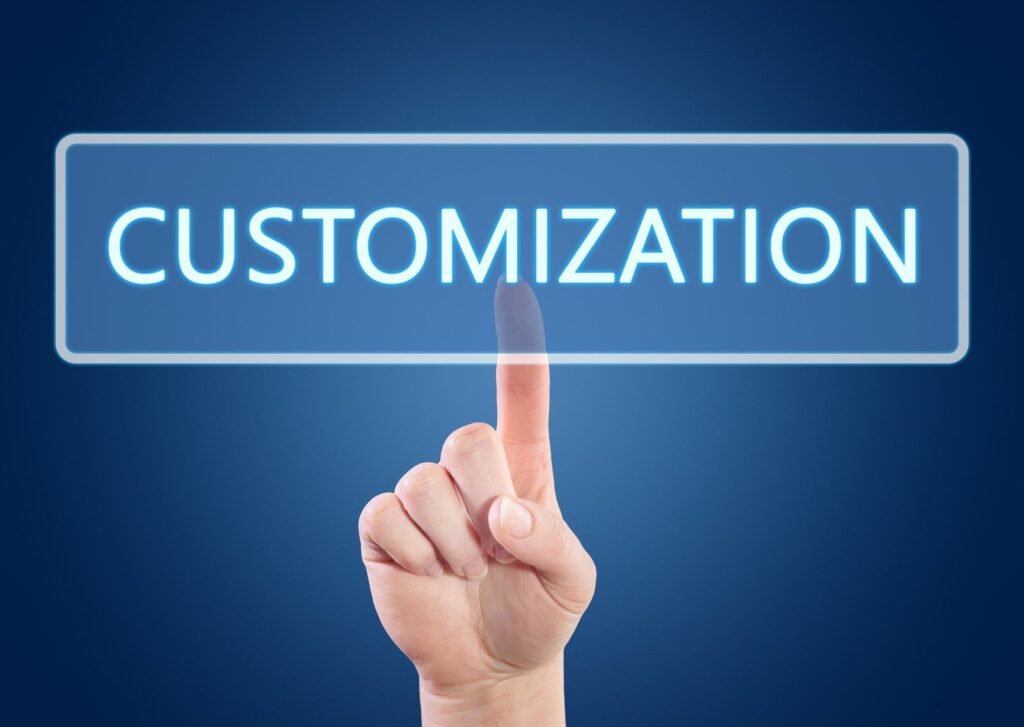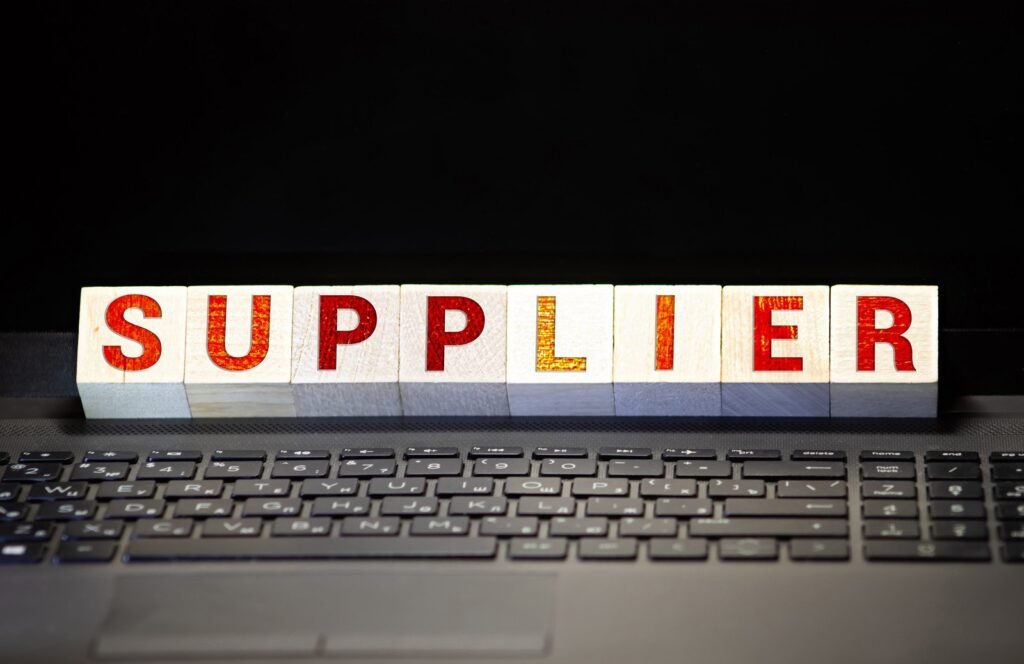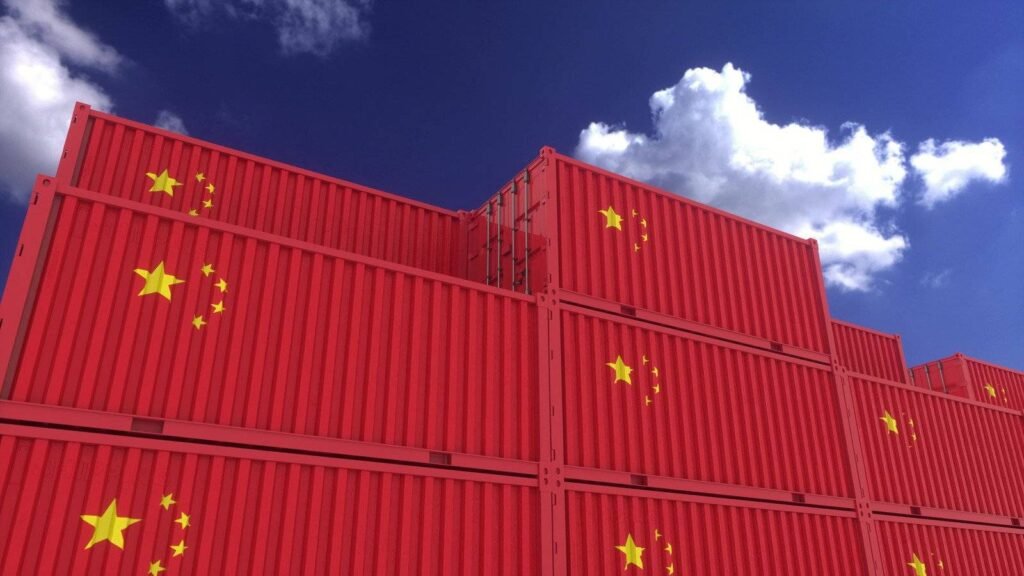What Are the Risks and Benefits of Sourcing Chinese CO2 Laser Cutters on Alibaba Compared to Direct Manufacturer Negotiations?

When sourcing CO2 laser cutters, businesses face a choice between using platforms like Alibaba or negotiating directly with manufacturers. Alibaba offers a wide selection, buyer protection, and ease of comparison but may involve risks like low-quality suppliers and hidden costs. In contrast, direct negotiations allow for better control over product specifications, stronger relationships, and potential cost savings but come with challenges such as supplier vetting difficulties and logistical complexities. Understanding these factors helps businesses decide which approach aligns best with their needs.
How Can You Ensure Quality and Reliability When Buying Chinese CO2 Laser Cutters?

When buying Chinese CO2 laser cutters, ensuring quality and reliability is crucial for business success. Key steps include verifying supplier credentials, evaluating product specifications, requesting samples for testing, and confirming robust after-sales support. Focus on suppliers with industry certifications like ISO 9001 and CE to guarantee adherence to quality standards. Assess financial health and operational transparency to avoid potential pitfalls. Customer feedback is invaluable; positive reviews indicate reliable service and product quality. Additionally, understanding the importance of detailed product specifications can enhance performance outcomes. Sample testing mitigates risks by validating product claims before purchase. Finally, strong after-sales support ensures ongoing satisfaction through technical assistance, warranty services, and spare parts availability—essential for maintaining equipment efficiency over time.
What Challenges Do Buyers Face When Importing Chinese CO2 Laser Cutters and How Can They Overcome Them?

Importing CO2 laser cutters from China can be rewarding but fraught with challenges such as quality variability, communication issues, and shipping delays. To navigate these obstacles effectively, buyers should conduct thorough supplier evaluations, request product samples to ensure quality, and implement robust quality control measures. Clear communication is vital; utilizing professional translators and documenting all agreements helps prevent misunderstandings. Additionally, partnering with experienced freight forwarders can streamline shipping processes while understanding local customs regulations minimizes delays. After-sales support is crucial too—establishing clear warranty terms and maintaining spare parts availability ensures customer satisfaction. By adopting these strategies, buyers can enhance their importing experience and secure high-quality products.
